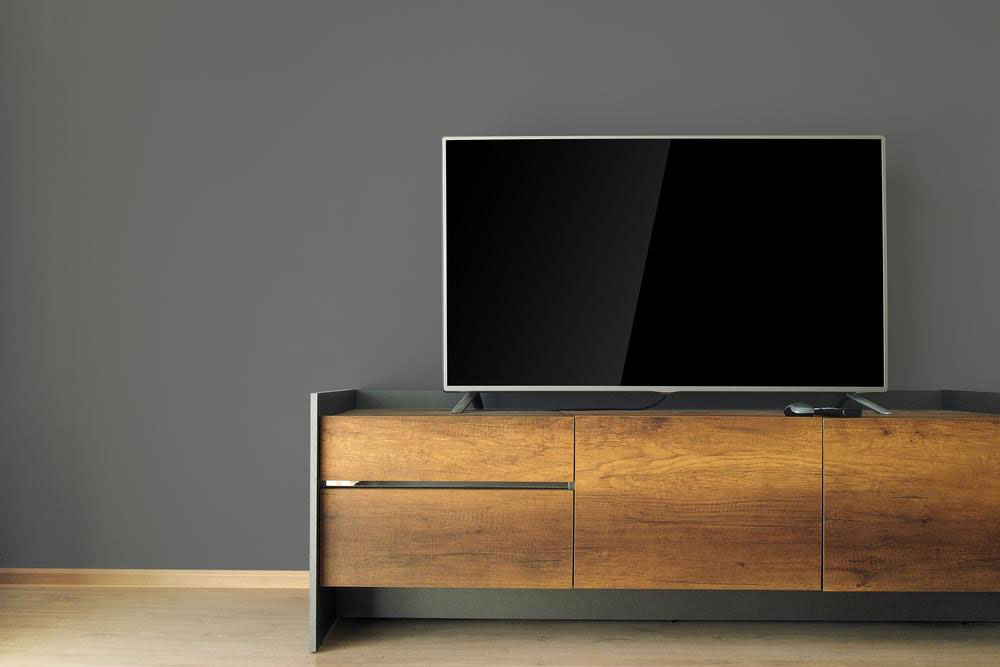Key Factors to Consider When Purchasing a Laptop
This guide covers essential factors to consider when purchasing a laptop, including usage needs, portability, design, and connectivity options. It helps users choose a device suited for both personal and professional tasks, emphasizing research and quality. Proper selection ensures optimal performance, durability, and ease of use, making your investment worthwhile.

Key Factors to Consider When Purchasing a Laptop
Choosing the right laptop requires careful planning and understanding of your specific needs. Whether for personal use or professional tasks, an informed decision ensures you get the best device for your budget. It's important to research hardware specifications, software compatibility, and user reviews before making a purchase. Recognizing how you'll use the laptop helps determine the appropriate processor, memory, and display features. Doing thorough homework and evaluating different models will help you find a reliable and efficient laptop tailored to your requirements.
Essential points to keep in mind:
Identify your usage needs: How you plan to use your laptop influences your choice. Light users may primarily browse the internet, check emails, and utilize social media. Moderate users might stream videos, create documents, or manage spreadsheets. Power users involved in graphic design, video editing, or multitasking require high-performance hardware, such as advanced processors and ample RAM. Knowing your usage helps select the right specifications to optimize performance.
Portability considerations: Laptops are designed for portability, but factors like storage capacity, screen size, and features (such as optical drives) affect size and weight. Lighter models under 3 lbs are ideal for basic tasks on the go, while mid-range laptops weighing 4-5 lbs offer a balance between portability and power. Heavy-duty models exceeding 6 lbs include high-end processors and larger screens suited for intensive tasks.
Design and build quality: Examine the laptop’s appearance and feel. Look for durable materials like aluminum or sturdy plastic. Check hinges, clasps, and keyboard layout for comfort and robustness. Ensure the keyboard and trackpad offer smooth typing and navigation. If possible, test handling the device to ensure it feels right. Reading product specifications and user reviews helps validate the build quality and ergonomics.
Connectivity options: Verify the laptop's ports and wireless features. Bluetooth connectivity allows pairing with speakers and smartphones, while USB ports enable connection to peripherals. HDMI ports facilitate connection to external displays or projectors. Card slots enable easy transfer of digital media. Ensuring your laptop has the necessary ports and wireless options helps streamline your workflow. Consulting brand experts and purchasing from reputable dealers ensures quality and access to essential accessories.
Note:
Our articles aim to provide valuable insights across various topics. While we strive for accurate information, readers should verify details independently. The website disclaims responsibility for discrepancies or missed offers. Always seek professional advice when making significant technology purchases.










